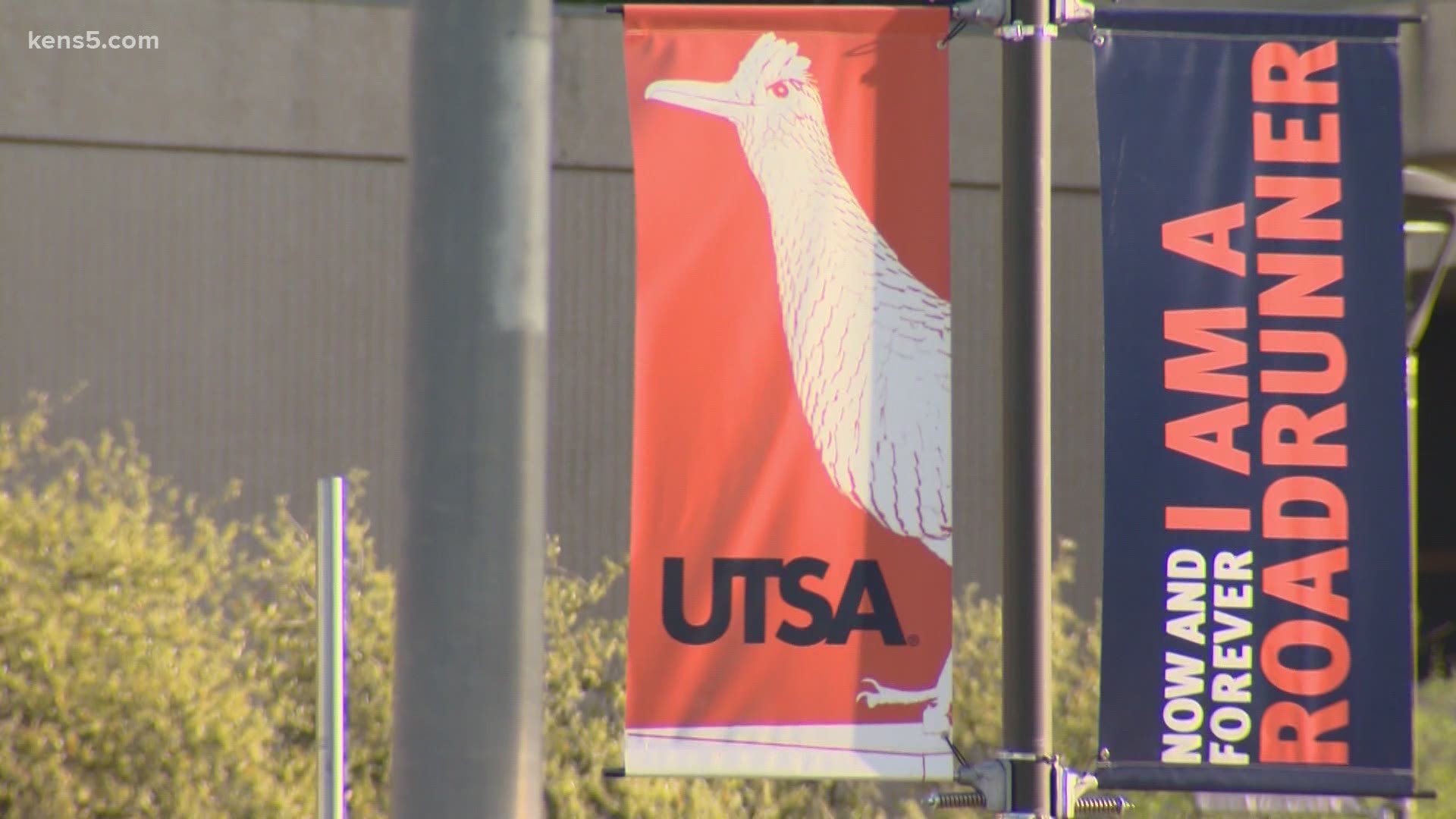SAN ANTONIO — The novel coronavirus pandemic has caused us to rethink how we work, go to school and even interact with our families.
Now a class at the University of Texas at San Antonio is diving into the data, using the pandemic as a laboratory for research.
“I think that's really important because we're kind of being bombarded with all these statistics right now,” said Kara Joyner, department chair and professor of demography at UTSA.
Joyner created a class in the Honors College in which over a dozen students will look at new components of demography—the study of human populations.
“As demographers, one of the things that we're interested in is rates.”
Joyner said students will look at things like coronavirus fatality rates, fertility rates during the pandemic and changes in unemployment rates.
By exploring different aspects of the pandemic through rates and statistics, students will see the crisis in a different lens, extending beyond their quarantined environments.
Joyner said students will research evidence of “natural experiments,” situations created by things like mask mandates and social distancing policies.
She said a great example of a natural experiment is what’s happening this month on college campuses across the nation.
“How does the spread of COVID differ according to places where classes are mostly online versus where students are taking most of the classes face to face,” Joynar said.
The educator said she hopes her students will take their findings and start new conversations outside the classroom about one of the most consequential events of their lives.
“I'm hoping that they not only understand these measures, but can also communicate them to a general audience,” she said.
Joyner said that because so much about the pandemic is still uncertain, students may leave with some questions unanswered.
“I don't think we're going to have answers to some important questions for a while because, basically, what we're focusing on is a moving target,” Joyner said. “Rather than students leaving with with a body of knowledge and facts, I think it's more of how to understand the stats that they see and critically evaluate it.”

